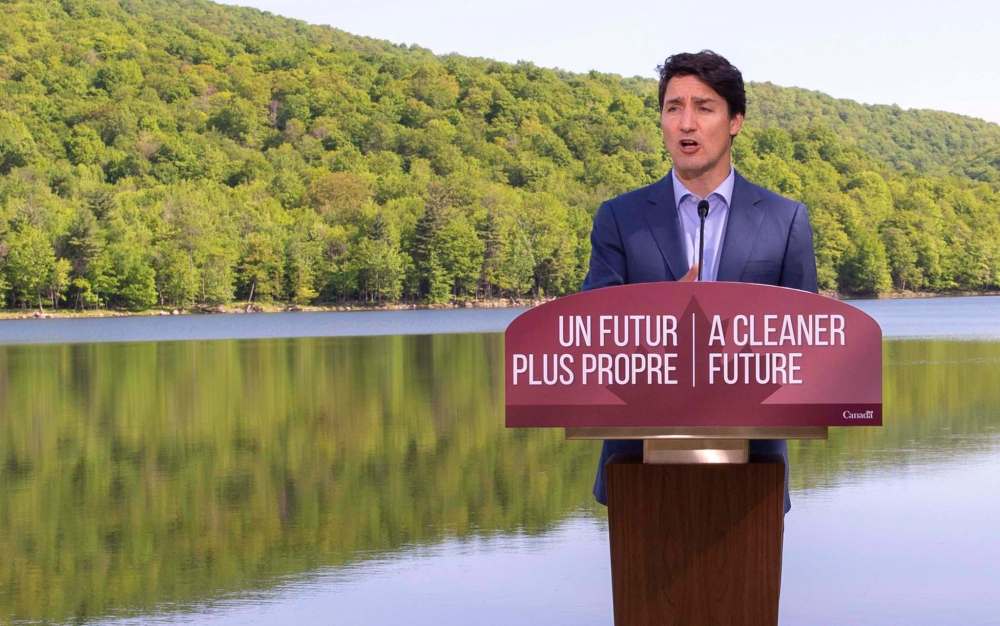Plastics ban presents complex challenge
Read this article for free:
or
Already have an account? Log in here »
To continue reading, please subscribe:
Monthly Digital Subscription
$0 for the first 4 weeks*
- Enjoy unlimited reading on winnipegfreepress.com
- Read the E-Edition, our digital replica newspaper
- Access News Break, our award-winning app
- Play interactive puzzles
*No charge for 4 weeks then price increases to the regular rate of $19.00 plus GST every four weeks. Offer available to new and qualified returning subscribers only. Cancel any time.
Monthly Digital Subscription
$4.75/week*
- Enjoy unlimited reading on winnipegfreepress.com
- Read the E-Edition, our digital replica newspaper
- Access News Break, our award-winning app
- Play interactive puzzles
*Billed as $19 plus GST every four weeks. Cancel any time.
To continue reading, please subscribe:
Add Free Press access to your Brandon Sun subscription for only an additional
$1 for the first 4 weeks*
*Your next subscription payment will increase by $1.00 and you will be charged $16.99 plus GST for four weeks. After four weeks, your payment will increase to $23.99 plus GST every four weeks.
Read unlimited articles for free today:
or
Already have an account? Log in here »
Hey there, time traveller!
This article was published 12/06/2019 (2372 days ago), so information in it may no longer be current.
What is the price of convenience? And more importantly, what is the long-term cost?
These are questions Canadians — and, one hopes, the rest of the world — are pondering as we try to figure out how to address the tipping-point level of pollution created by society’s growing reliance on products and packaging that are created because they’re easy and cheap to use, with little consideration of the consequences of their use and disposal.
Cheap convenience, it turns out, carries a stiff price in the long run, and we’re finally realizing the bill is coming due. Plastics are everywhere. Not just in our landfills, but also pulverized into microplastics that do not break down and eventually find their way into our water, food and even our bodies.

The U.S. National Oceanic and Atmospheric Association says plastics are the most common debris found in the Great Lakes and U.S. ocean waters. Microplastics are particles of plastic less than five millimetres in length. Animals can often mistake microplastics for food and ingest them.
What about recycling? Much of the plastic that is ostensibly recyclable is still ending up in the garbage, because of improper recycling habits of Canadians, as well as the bewildering array of the types of plastic that can or cannot be recycled, and which regions have the facilities capable of recycling them.
So, aside from restaurant chains banning or limiting the use of plastic straws, the question of how to cut back on single-use plastics was raised when the federal government announced this week it would introduce legislation to ban them as early as 2021.
A few private companies may be showing the way to eliminate some of those plastics. At Gatwick Airport, Starbucks has launched a pilot program to use reusable cups to cut down on waste. Air travellers can buy and consume their beverages and drop off the cups before they board their flights.
Closer to home, The Forks will soon only be serving food on actual plates instead of paper ones, part of its waste-reduction strategy. The practice offers the added benefit of making on-site composting of leftover food simpler.
Banning single-use plastics is a laudable goal for Canada to pursue, but enacting and enforcing such a measure would be fraught with complications. How would we deal with the millions of plastics-packaged products it imports from countries that don’t have single-use plastics bans? And in what ways would Canada restrict the manner in which companies based here package products for export abroad?
How did we come to rely on disposable plastic substitutes for things we used to reuse? In part, it might simply be because many people have less available time. If you aren’t able to go to the market to get fresh produce every few days, then buying cucumbers shrink-wrapped to stay edible longer makes sense. So does grabbing takeout food in a plastic container because you don’t have time to cook, or to dine in at a restaurant.
Plastic use is, in the majority of cases, a matter of convenience, and any attempt to curb our use of plastic products is going to have to grapple with the reasons single-use plastics are so ubiquitous.
There’s a federal election between now and the proposed introduction of the Liberals’ plastics ban, giving the proposed initiative the same weight as a campaign promise. Time will tell whether the effort has the durability of that electronics packaging you need a chainsaw to cut through, or the flimsiness of cling-wrap.













